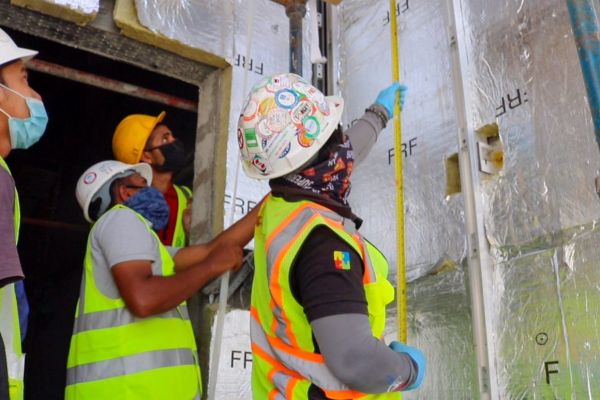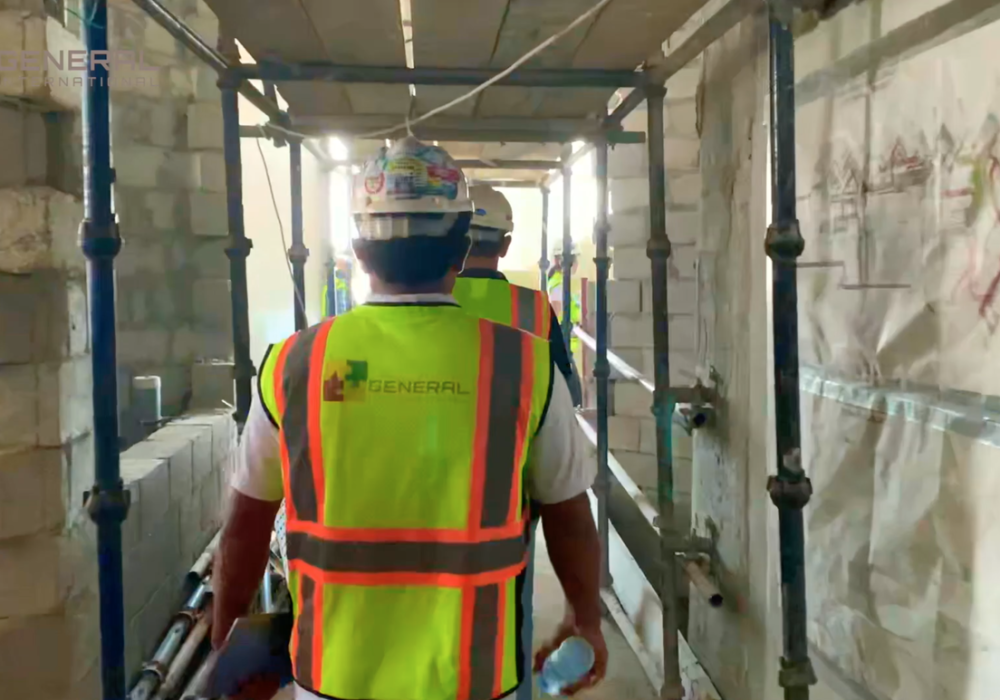Blog
Which Type of Insulation Is the Most Fireproof?

When it comes to insulating our homes and buildings, safety is a paramount concern. Fire accidents can be devastating, causing significant damage to property and posing risks to human lives. Choosing the right insulation material is crucial to mitigate the potential dangers of fires. This article will explore various fire-resistant insulation materials and their effectiveness in protecting against fire hazards. Additionally, we will focus on the relevance of fire resistant insulation material in East Africa, where fire safety is particularly important.
Understanding Fire-Resistant Insulation Materials
Fire-resistant insulation materials are specifically designed to withstand high temperatures and reduce the spread of flames during a fire event. These materials are made from substances that naturally exhibit excellent fire-retardant properties or are treated with chemicals to enhance fire resistance. While no insulation material is entirely fireproof, some options are significantly more effective in slowing down the progression of a fire and providing valuable time for occupants to evacuate safely.
Types of Fire-Resistant Insulation Materials
Mineral Wool Insulation
Mineral wool, also known as rock wool or slag wool, is a widely used fire-resistant insulation material. It is made from molten rock or industrial by-products spun into fine fibres. These fibres create air pockets that minimize heat transfer, making mineral wool an excellent choice for fire safety. Moreover, mineral wool does not burn and can withstand temperatures up to 1,800°C, making it a highly effective fire barrier.
Fibreglass Insulation
Fibreglass insulation is made from tiny glass fibres that trap air and slow heat transfer. While fibreglass insulation is not as fire-resistant as mineral wool, it provides reasonable fire protection. Modern fibreglass products are often treated with fire-retardant chemicals to enhance fire resistance. However, it is crucial to note that improper installation or damage to fibreglass insulation can reduce its fire-resistant properties.
Cellulose Insulation
Cellulose insulation is made from recycled paper treated with fire-retardant chemicals, making it an eco-friendly option for fire-resistant insulation. The treatment enhances its fire resistance and discourages pests and mold. While cellulose insulation provides good fire resistance, it may require proper installation and maintenance to ensure its effectiveness over time.
Fire-Rated Foam Insulation
Fire-rated foam insulation, such as polyurethane foam, is designed to resist flames and prevent fire spread. When exposed to high temperatures, it releases a flame-resistant gas, creating a barrier that slows the fire's progress. While fire-rated foam insulation is effective in fireproofing structures, ensuring proper installation and compliance with building codes is essential.
Fire-Resistant Insulation in East Africa
Fire Safety Challenges in East Africa
East Africa faces unique fire safety challenges due to various factors such as climate, building materials used, and limited access to advanced fire prevention measures. Many traditional building materials in the region, like thatch and mud, are highly flammable, increasing the risk of fire incidents. Additionally, extreme weather conditions like droughts can exacerbate fire outbreaks.

Importance of Fire-Resistant Insulation Material in East Africa
In East Africa, where fire safety is a significant concern, fire-resistant insulation materials can be vital in minimizing fire-related risks. Implementing fire-resistant insulation can significantly slow the spread of flames and offer valuable time for evacuation in a fire emergency. Incorporating fire-resistant insulation material from East Africa into modern construction practices can enhance regional fire safety.
Conclusion
Choosing the right fire-resistant insulation material is crucial for ensuring fire safety in buildings and homes. While no insulation material is entirely fireproof, opting for fire-resistant insulation materials can significantly reduce the impact of fire incidents. Mineral wool and fire-rated foam insulation are the most effective options for robust fire resistance. Fire safety remains a pressing issue in East Africa; incorporating fire-resistant insulation materials in construction practices can enhance fire protection and save lives and property. Protect your assets with General International's premium fire-resistant insulation materials in East Africa and ensure your projects' safety and peace of mind.